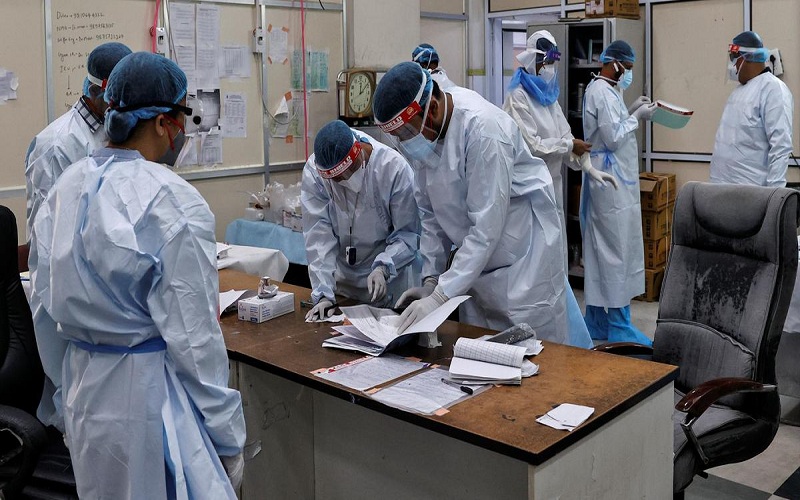We’ll dive in today by getting to know a real-world example of a neurosurgeon – Dr. Kamal Woods Dayton. As a neurosurgeon, he is a vital part of our healthcare system. His work is often in trauma care, a field with high stakes and high stress. But what does that mean? Let’s explore what a day in the life of a neurosurgeon looks like, specifically in trauma care. This will help us understand their role better.
A Neurosurgeon’s Role in Trauma Care
A neurosurgeon in trauma care is like a guardian of the brain. They work fast to fix injuries to our body’s command center. They stop bleeds. They fix fractures. They remove clots. Their work saves lives.
A Day in the Life
It’s early morning. The neurosurgeon starts their day with rounds. They check on patients. They look at scans. They make a plan. Then they scrub in. In surgery, every second counts. They work with care, speed, and precision. After surgery, they check on their patients again. They make sure the surgery worked. They make sure their patients are okay. At the end of the day, they prepare for the next. It’s a cycle of care, responsibility, and skill.
Skills of a Neurosurgeon
What makes a good neurosurgeon? Here are three key traits:
- Knowledge: They know the brain like the back of their hand. They understand how each part works. They keep up-to-date with the latest research.
- Steadiness: They have a calm and steady hand. They can’t afford to make mistakes.
- Resilience: They have strength. They face high stress situations daily. They keep going.
Neurosurgeon vs. Other Surgeons
How does a neurosurgeon compare to other surgeons? Here’s a table for clarity:
| NEUROSURGEON | GENERAL SURGEON | ORTHOPEDIC SURGEON |
| Focus on brain and spinal injuries | Focus on general surgery, could be anywhere in the body | Focus on bones, joints, and muscles |
| High-stress, rapid response role | Varied stress level, often planned surgeries | Medium stress, often planned surgeries |
| Requires extra years of training | Requires standard surgical training | Requires extra years of training for specialization |
In trauma care, the role of a neurosurgeon is crucial. They protect our brain, our most important organ. The work they do is demanding yet rewarding. Now, when we hear ‘neurosurgeon’, we understand. We appreciate. We respect.

